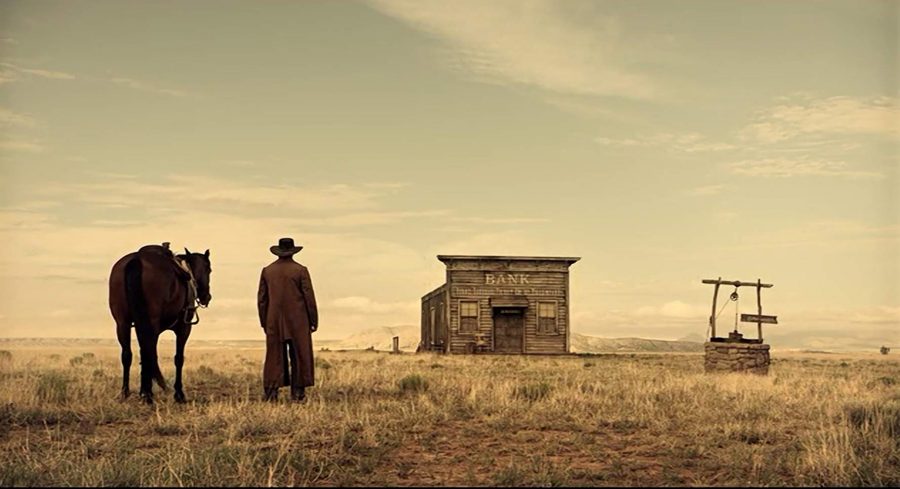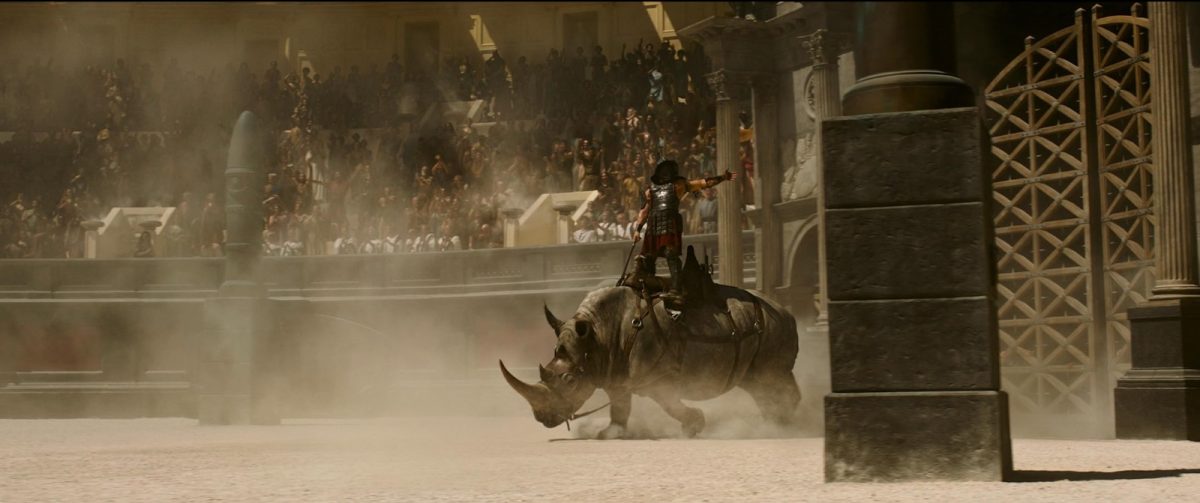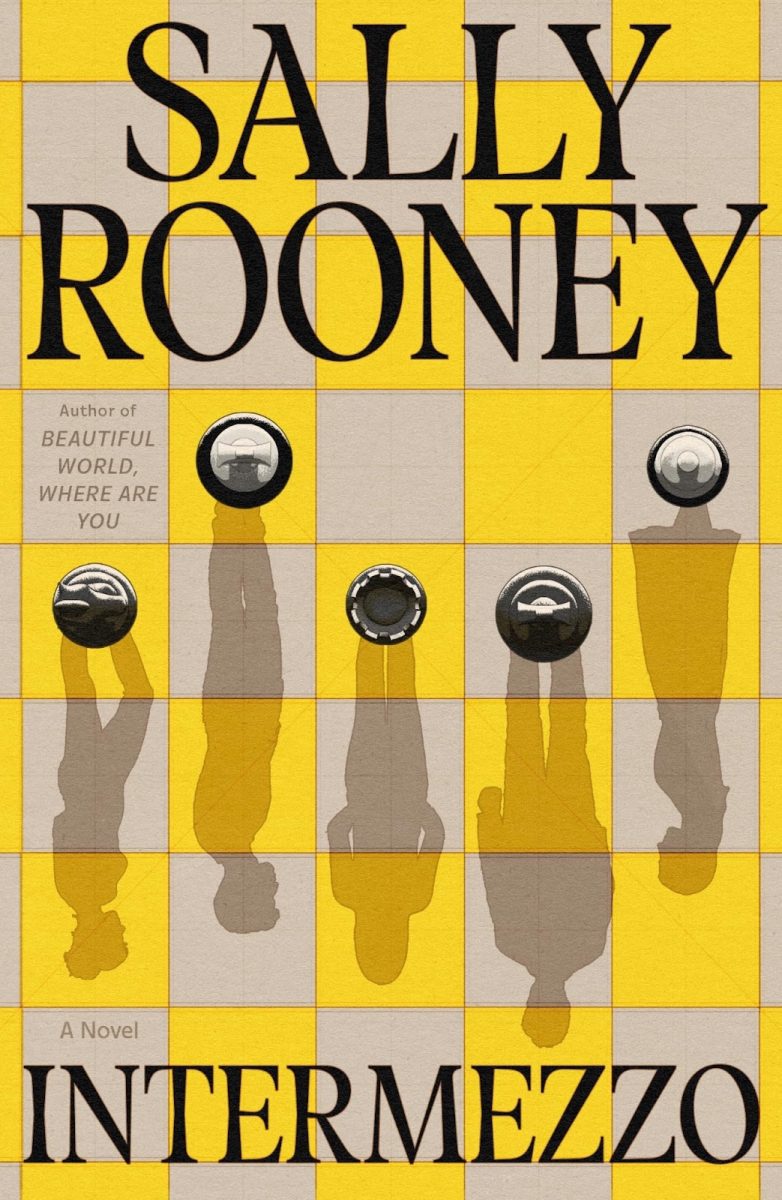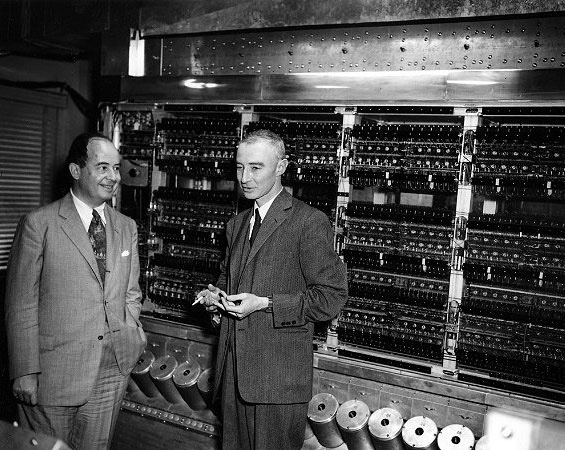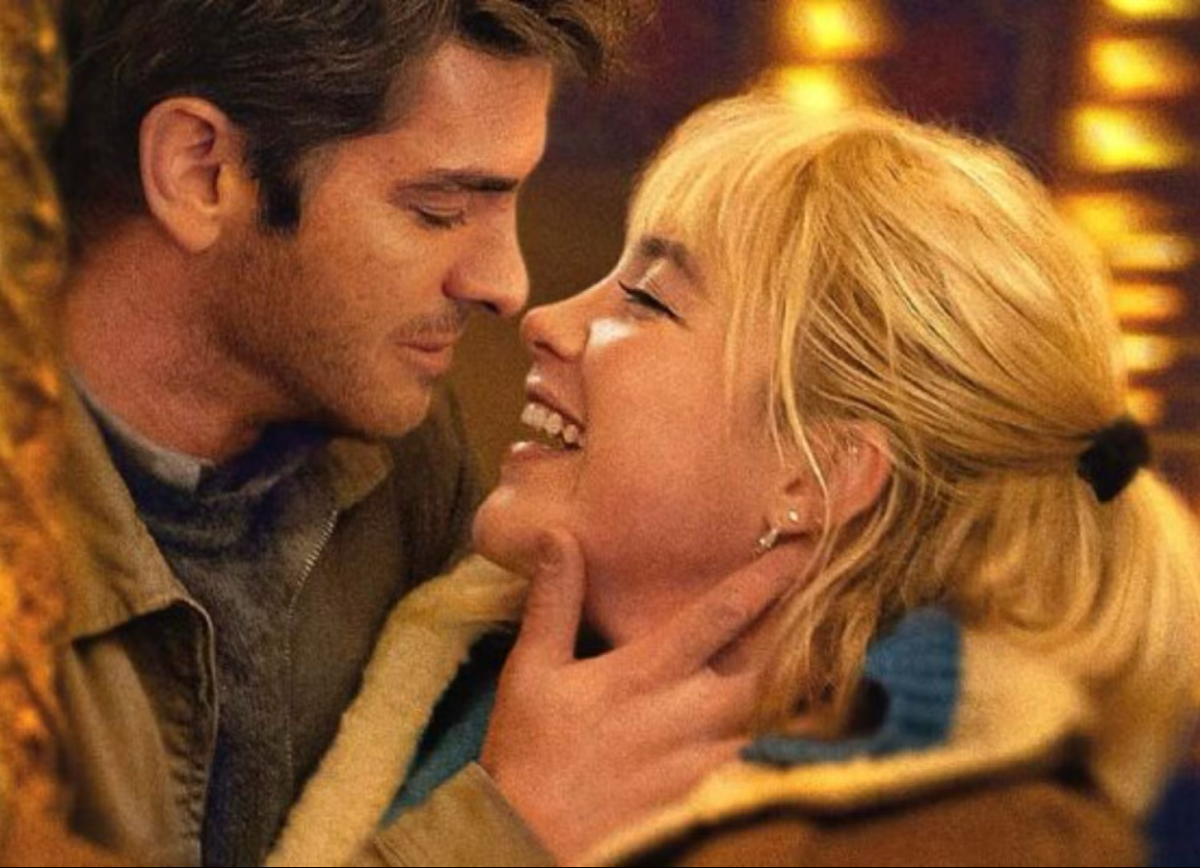It is a marvel that Joel and Ethan Coen remain able to produce such ruthlessly entertaining films, while continually imbuing them with rich ideas. But such a statement has become banal; we expect the Coens to foist on us their provocative, humorous, multi-tiered art. Yet their consummate designation as artists comes from the fact that this expectation is never blithely fulfilled, but cleverly dispensed and textured. What canonizes the Coen brothers’ work is that their Beckettian darkness never becomes repetitive. Instead, its repeated artistic refraction makes each and every film a novelty.
Such is the case with The Ballad of Buster Scruggs, written, produced and directed by Joel and Ethan Coen and released on Netflix. It is an anthological film, an acerbic, enthralling tonic for those decrying the state of the art and an anticipated state of elation for those who aren’t. The most recent comparison is Joe Swanberg’s series Easy, also a Netflix original, but the comparison largely stops at form. While Swanberg’s cinematic automatism captures lived experience in all its touching granularity, the Coens’ new film launches into a world of dialectics — historical, cinematic, philosophical — spread across the untrammeled expanses of the American West. The Ballad of Buster Scruggs, as with many of the Coens’ films, toggles tonally between witty entertainment and brow-kneading bemusement. What noticeably works better in Buster Scruggs is the new form, which allows for a sort of subjective siphoning. The lighter, more comedic vignettes, like the first two in the compilation, juxtapose nicely with the densely-packed latter three, although to say there is ever a clean division would be reductive. The first two vignettes are mostly forays into the fabricated mien of the traditional, John Wayne-esque cowboy. They feature an ebullient sharpshooter (Tim Blake Nelson), who croons about his thirst, and a bank robber (James Franco), whose operation is cooked from the start. Then, we get a paraplegic tragedian (Harry Melling) in the somber, suicidal care of Liam Neeson and an (em)pathetic gold-digger (Tom Waits) whose blood, sweat and years sort of pan out, a momentary coup de foudre between two Oregon Trailers (Zoe Kazan and Bill Heck) and a carriage ride that shimmers as a brilliant distillation of life itself.
Each vignette is a delicious aperitif, meant to stimulate the mind both through humor and through inquiry. But with the Coens it’s never My Dinner with Andre; it’s a subtle smack, every so often, of a brief but loaded laugh, inducing us to admire (and think about) the rhetorical roses. The response to Coen comedy remains less a full-bellied sounding than a quick, nasal outburst or a wry smile (although Raising Arizona would beg to differ). In The Ballad of Buster Scruggs, what these responses portend is not only the clever wit and restless pace of the Coens’ method, but the result of what has become the Coens’ famous, philosophically-tinted punchline.
Years ago, when I began to retroactively wade into the Coen oeuvre, starting with Miller’s Crossing and hitting The Big Lewbowski last, I found it difficult to pin down a tone. Something I initially was frustrated by, but eventually learned may be the macrocosmic, artistic effect of the Coens’ cool ambiguity. There are moments, even whole vignettes, in The Ballad of Buster Scruggs where the certitude of manifest destiny and westward expansion, as well as the strict, supercilious ethos birthed by such conquest, is juxtaposed with the surrounding landscape. The desolation and native uncertainty, grand aridity and random death knells of cross-country travel, all mirror the human being’s chance fumblings in the absurd expanse of time. We convulse for a short period called life, only to sputter out with a cosmic whimper. We use nature’s blank slate not as a mirror, but a canvas on which to paint our moral certitudes. This, of course, is an absurdity, and the Coens point out not only the historical perpetuation of such naiveté and ignorance, but also the reductive caricature of the cowboy as an unreal idealization of the insouciant conquistador. As Søren Kierkegaard writes in Fear and Trembling, human inquisition was the Greeks’ task of a lifetime, but now science has made certitude the human starting point, and henceforth deprived life of passion. On the Oregon Trail, Zoe Kazan claims her brother “upbraided” her wishy-washiness, to which her wizened suitor replies: “…uncertainty, that is appropriate for matters of this world.”
There are more than a few nods to Kierkegaardian absurdity, and, thankfully, what makes the Coens’ darkness so palatable is the implicit notion that within the reality of human uncertainty there lies the distinct possibility of generative hope. The existential path out of despair is squarely based in human volition. This is, of course, a daunting realization, but also our only method of deliverance.
Yet the cinematic triumph of The Ballad of Buster Scruggs comes not from some one-note philosophizing, but from its perfect pitch, one that floats between the ponderous and the humorous. How can one make philosophy entertaining, or distill from pure entertainment a profound mode for living? In this case, form assists the filmmakers. The episodic storytelling of this particular work allows for a constant, playful interchange of the Coens’ signature comedy and philosophy, while never becoming trite or preachy.
The last (and best) story in this anthology, entitled “Mortal Remains,” might as well be an existential treatise. It is a dialogic disquisition in a horse-drawn hurtle through time. Swirling around the slowly-dissolving anchor of the biblical woman are Sartrean sentiments delivered by a Frenchman, a tune moaned in the elegiac, Irish timbre of Brendan Gleeson, and the Nabokovian bit about a cradle hovering above an abyss. If one pays any attention in this last story, the realities and uncertainties of life will begin to reveal themselves not in their perfect clarity but their perfect absurdity.
People love stories, Jonjo O’Neill’s character says to the carriage crew, “they connect the stories to themselves, and we all love hearing about ourselves, so long as the people in the stories are us, but not us, not us in the end especially.” In Buster Scruggs, we see some of history’s great ideas and delusions. But if we wished to do just that we could have simply turned to literature; instead, we experienced these ideas through story. In these individual worlds, seemingly so long ago, there is a heuristic sleight-of-hand that goes with any great art, a sort of self-knowledge through the far-reaching, empathetic prism. We become decisively immersed in the Coens’ world, the best part being that their world allows us to retain some of the most vital information about our own.


